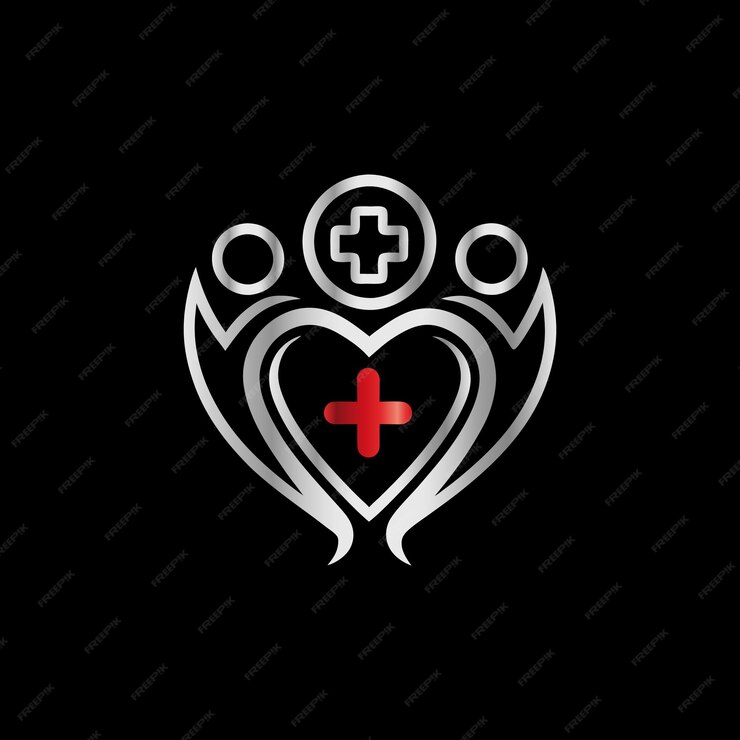Trying to lose weight can feel like standing at a crossroads—one path leads to doing it all on your own, while the other offers help from doctors and health experts. If you’ve ever felt stuck after trying different diets or unsure about what works for your body, you’re not alone. Many people want to feel better, look healthier, and have more energy, but the method they choose significantly affects how successful and safe the journey is.
Some prefer the freedom of picking their meals and workouts, while others need structure, medical checks, and clear guidance. Both paths have pros and cons, but one might better fit your health, lifestyle, and long-term success. Whether you’re just starting or thinking of switching your approach, this guide helps you choose the most suitable one according to your health. By partnering with Weight Loss Naperville experts, you get personalized medical guidance, continuous support, and a tailored plan—making weight loss safer, more effective, and easier to sustain.
In this blog, we will explore both approaches firsthand and then discuss the difference between medical weight loss and DIY dieting.
What Is Medical Weight Loss?
Medical weight loss is a safe, doctor-supervised way to lose weight. It’s designed for people who want more than just a diet plan. You get a complete health checkup and a team that supports you throughout your journey. This method is based on science, not trends or guesswork. Here’s what it usually includes:
A complete health check to understand your body and health needs
A custom plan made just for you by doctors and health experts
Regular check-ins to track your progress and adjust the plan if needed
Help with building healthy habits that last
This approach focuses on long-term health, not just quick fixes.
What Is DIY Dieting?
DIY dieting means trying to lose weight independently without help from doctors or health experts. People often follow diet plans from books, apps, or social media, hoping to find what works best for them. It gives you the freedom to choose your meals, workouts, and routines. Common features of DIY dieting include:
- Following meal plans from the internet or friends
- Using fitness apps or videos to guide workouts
- Making food choices without professional advice
While it can work for some, it may not suit everyone, especially if you have health conditions or need extra support to stay on track.
Medical Weight Loss vs. DIY Dieting: Key Difference
Health Monitoring
Medical weight loss programs include regular health monitoring by doctors or trained professionals. They may check your blood pressure, blood sugar levels, and other vital signs to ensure your body responds well to the weight loss plan. This helps avoid health risks and keeps progress safe and steady.
In contrast, DIY dieting usually has no medical supervision. You must guess how your body is doing, which can lead to missed warning signs, especially if you have hidden health issues or chronic conditions.
Expert Guidance
In medical weight loss, you receive step-by-step guidance from professionals who understand how the body works and how to make weight loss safe and effective. They adjust your plan as needed, based on your progress, and help you overcome any roadblocks.
Conversely, DIY dieting relies on personal research, online advice, or trial and error. Without expert input, it’s easy to follow plans that aren’t right for your body or may even harm your health over time.
Motivation Support
Medical weight loss programs provide regular support through check-ins, encouragement, and follow-up appointments. This keeps you motivated, especially when results slow down or you feel like giving up. The emotional support from a medical team can make a big difference.
On the other hand, DIY dieting puts all the pressure on you to stay motivated. Without support, it can feel lonely or frustrating when things don’t go as planned, making it harder to stick to your goals.
Personalized Planning
Every medical weight loss management plan is tailored to your health, habits, and weight goals. Doctors and dietitians take the time to understand your lifestyle and create a plan that fits you. This approach often leads to better results because it considers your unique needs.
In contrast, DIY dieting usually involves using general diet plans or tips that may not work well for everyone. These plans may ignore medical conditions or personal routines, making achieving and maintaining long-term success harder.
Medical Tools
Medical weight loss may include helpful tools such as prescription medications, metabolic testing, or body scans. These tools are used safely and only when needed, helping speed up results or manage hunger. They also provide clearer information about your progress.
On the other hand, DIY dieting does not offer access to such tools. You must rely on basic methods like weighing yourself or using mobile apps, which may not give a complete picture or the extra help your body needs.
Safety Measures
Safety is a key focus in medical weight loss. Before starting, your doctor checks your medical history, and they continue monitoring your health throughout the program. Plans are adjusted quickly if something doesn’t work well.
In contrast, DIY dieting can involve unsafe trends like skipping meals, extreme calorie cuts, or using unproven supplements. Without expert supervision, these habits can harm your body, especially over time, and may do more damage than good.
Benefits of Choosing Medical Weight Loss Over DIY Dieting
Choosing medical weight loss instead of trying to lose weight alone can make a big difference in your success. When you follow a doctor-guided plan, you’re not just guessing what to eat or how much to exercise—you’re working with experts who understand your body, health needs, and goals. This support helps you stay on track, stay safe, and see real results that last.
Regular Progress Tracking: One of the most significant advantages of medical weight loss is that a healthcare professional regularly checks your progress. They look at your weight, measurements, health signs, and overall well-being. This helps them change your plan if needed, so you never feel stuck or confused.
Higher Success Rates: Medical weight loss programs often lead to better results than doing it alone. Since the plan is tailored to your health, lifestyle, and body type, you are more likely to lose weight and keep it off. You’re also less likely to quit because the plan feels realistic and manageable.
Not Overwhelmed by Managing Everything Alone: Many people feel lost or frustrated trying to figure out the proper diet or routine. With medical weight loss, you get help every step of the way. Professionals give you clear instructions, help solve problems, and support you when things get tough—so you’re never handling it all by yourself.
Education for Life: Medical weight loss isn’t just about short-term changes. These programs also teach you how your body works, what kind of food and exercise help you the most, and how to avoid old habits. You carry this knowledge with you even after the program ends.
Better Long-Term Results: Because these programs are safe, realistic, and made just for you, the changes you make are easier to stick with. This leads to better long-term health and weight management without constant yo-yo dieting or extreme methods.
Final Thoughts
Choosing between medical weight loss and DIY dieting comes down to the kind of support and results you want. While DIY plans may seem easy to start, they often lack structure, safety, and long-term success. On the other hand, medical weight loss offers expert guidance, personalized plans, and a higher chance of lasting results. If you’re looking for a safer, more effective way to lose and keep weight off, a medically supervised program can make your journey easier and more successful.










